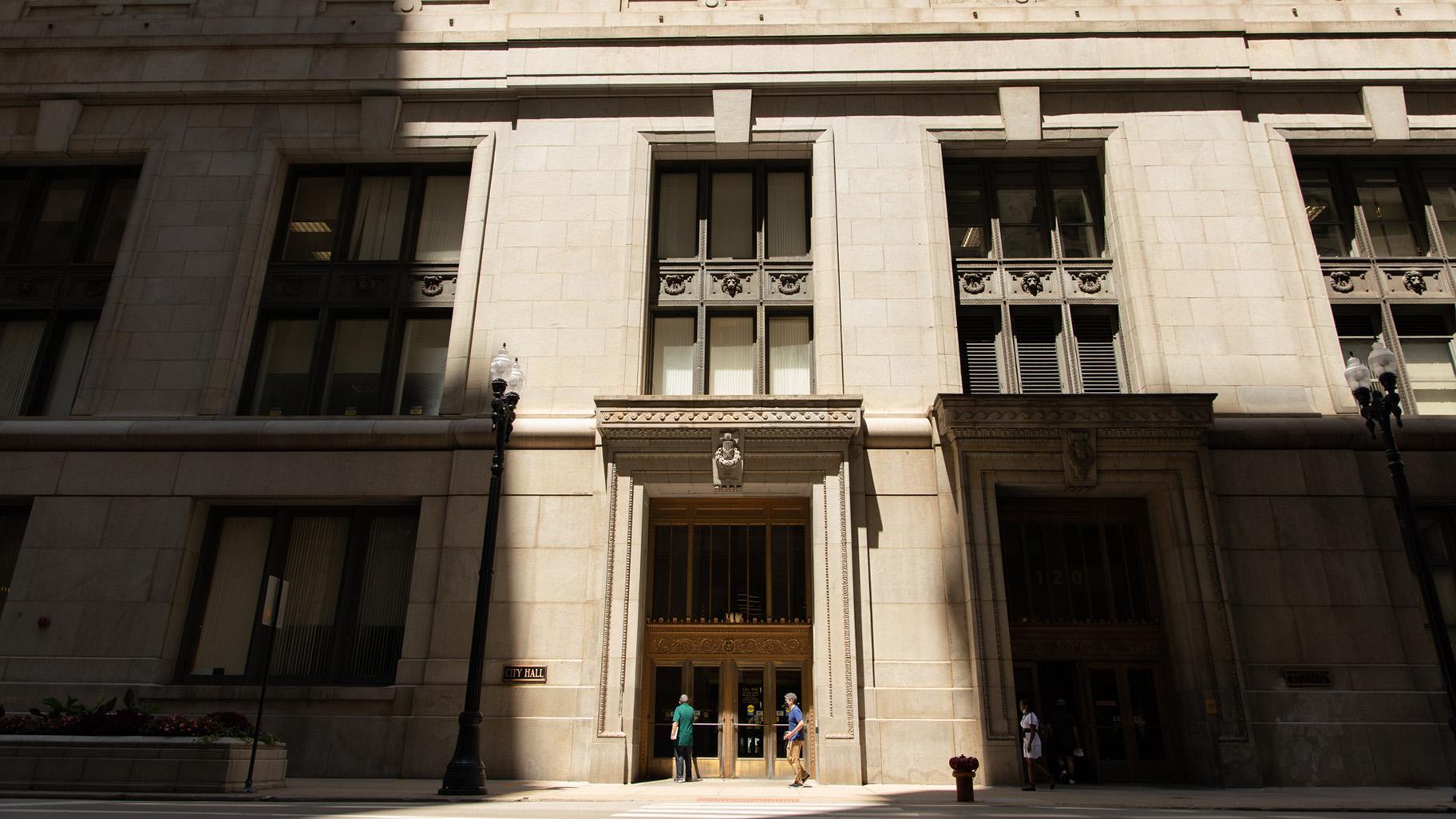Half a mil to put their thumbs up their asses instead of just literally giving that money directly as reparations ![]()
Edit: I want to clarify, I fully support reparations, I'm just extremely frustrated knowing that, under liberal/bourgeoisie democracy, these types of efforts tend to get bogged down with means testing, and sometimes outright turn into thinly-veiled handouts to private corporations. All while the police budget is still increasing YOY.
That said, Evanston (city on Chicago's northern border) did actually manage to distribute "...$25,000 in no-strings-attached direct cash payments for those eligible. Black residents who lived in Evanston during a 50-year period of discriminatory zoning laws and their direct descendants receive priority for eligibility." So I don't want to encourage further reactionary criticisms such as mine towards this specific subcommittee if they are able to achieve at least some form of direct payments similar to Evanston's program.


How is Chicago going to pay for reparations and according to what criteria? Collective years lived in Chicago? Reparations to Japanese Americans came from federal funds as a counterexample. Clown show all around.
Those are exactly the questions this subcommittee will answer? How is using a committee to go from "reparations should be paid" to the specifics of how to pay them, and to whom, a clown show? How else would you do it?
Reparations for a national crime isn't something that should be decentralized to city councils and local governments.
How would I do it? How all the other governments do it worldwide. National apology first. Truth and reconciliation committee afterwards along with reparations on a federal level.
Chicago looking into it is theatrics. It's only entertaining. Not very useful and they know it.
Sure, but a national program isn't happening anytime soon. I don't see why we should object to local governments doing something, as local governments had plenty of discriminatory policies, too.
This level of pessimism is unfounded. Another Illinois city (Evanston) has already started making reparations payments, and local governments have been ahead of the curve on many issues where the feds lag behind.
Evanston is "reparating" home repair credits to 16 residents. It's not a real example and you know it.
The chicago committee is going to issue $700 per resident, get embroiled in a lawsuit over prior residents who moved out and needs water bills from 10 years ago to prove it. The administrative costs will be greater than the reparation, and people will claim reparations have been paid.
If there is a mandate and political capital for reparations, this Chicago affair only wastes it. If I am being uncharitable, I might even say maliciously.
Evanston involves direct cash payments. 124 residents have been approved so far out of 650 applicants. Slow, yes; nothing, absolutely not.
they should update their website
i was going to post this whole thing from their faq
i'm interested in how they got past the irs thing
Looks like they started by paying contractors for repairs/renovations done, or paying banks for new purchases, but approved a cash option in March '23.
I was going by an old source that listed home repair credits for 16 residents. I stand corrected on that front, as direct cash payments to 100+ people isn't nothing unlike home repair/purchase credits for 16.
i think smaller bodies can look into and demo programs, they shouldnt foot the national bill sure but they can do a little and its good theyre trying